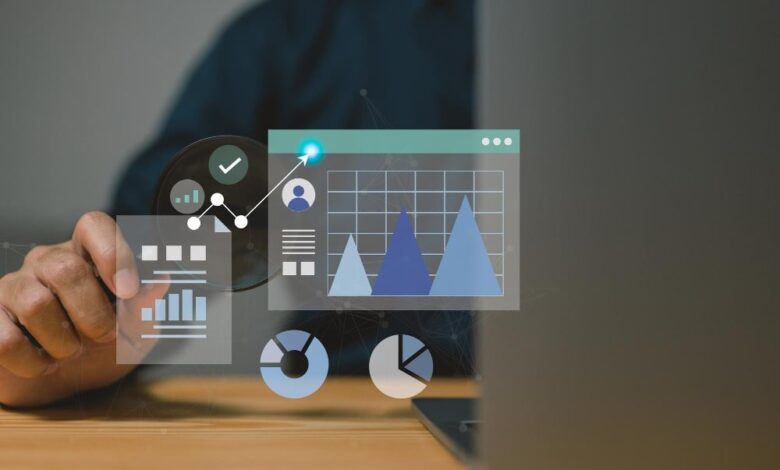
Asset tracking software is critical for businesses in today’s digital e-commerce environment. These solutions monitor, manage, and optimize valuable resources, driving efficiency and cost savings. Choosing appropriate software has great potential to influence operations; therefore, knowing the key features is vital.
Ease of Use
An easy-to-use interface matters for any software solution. As employees will need to understand the navigation of the asset tracking software, it must be easy to navigate for quicker adoption. Most systems’ navigation is simple by default, with clean menus, clear dashboards, and easily accessible commands, significantly reducing the learning curve. As a result, it helps teams do their work instead of dealing with complex processes.
Real-Time Tracking
Proper asset management requires real-time asset tracking. This allows businesses to see where their assets are located and whether they are performing well at any moment. Real-time information will enable firms to make timely decisions, enhance productivity, and avoid losses. This is particularly useful for sectors like logistics, where accurate and timely information is crucial.
Scalability and Flexibility
As companies expand, their requirements change. Growth can easily be handled with scalable asset-tracking software without replacing the entire system or implementing an entirely different system. If a company is expanding its product line or moving into new markets, the software should handle increasing data and user demand with no issues in performance. Scalability guarantees extended use and protected investment.
Integration Capabilities
Another critical factor to consider is integration with existing systems. The asset tracking software should integrate well with the organization’s other tools and platforms. This compatibility guarantees that data flows easily and that errors are minimized. Businesses need to use Asset tracking systems that work well with accounting and inventory management so that every operation is consistent.
Customizable Reporting
Sound data is essential for effective decision-making. The data can also be generated into a report according to the business’s specific needs. With the ability to choose parameters, formats, and frequency, users can zero in on the metrics that matter. Customization like this makes sure decision-makers get the information required for improved delivery.
Mobile Access
In a mobile-centric environment, connecting to asset-tracking software on the go is a must. Workers with mobile access to asset status can update information and respond to alerts anytime, anywhere. This gives flexibility and helps solve issues faster, increasing productivity. The mobile application should offer features similar to the desktop version for a seamless experience.
Security Features
Every organization holds sensitive data, and safeguarding it is a priority. Robust security is a must. Asset tracking software also helps you utilize your internal assets in the organization. Encryption, authentication, and access control features are also must-haves. These measures safeguard against threats and data leaks, creating a sense of trust for businesses and clients alike.
Cost-Effectiveness
Although the leverage of technology can come with a price tag, cost-efficient solutions should always be in demand. Asset tracking solutions aim to provide value for money while paying less but having more. Evaluating the total cost of ownership, not just licensing but also maintenance and support fees is something businesses should do. An affordable approach includes the required capabilities without burdening the budget.
Customer Support
Support is integral to any software solution, so businesses will need dependable customer support. During and after implementation, users face challenges or need assistance in their daily operations. A dedicated support team can deal with these issues in real time, reducing disruptions. Users have a good experience if they can contact an expert via phone, email, or chat whenever required.
Conclusion
Selecting the appropriate asset-tracking software can be a tough choice for any organization. Organizations can pick a solution that fits their goal by focusing on critical features: usability, real-time visibility, scalability, flexibility, and integration features. Thus, a good asset-tracking software solution can save both time and money. A successful implementation rests on customizable reporting, mobile access, security, cost-effectiveness, and customer support. A business can manage its resources well and improve overall efficiency based on the right features.





